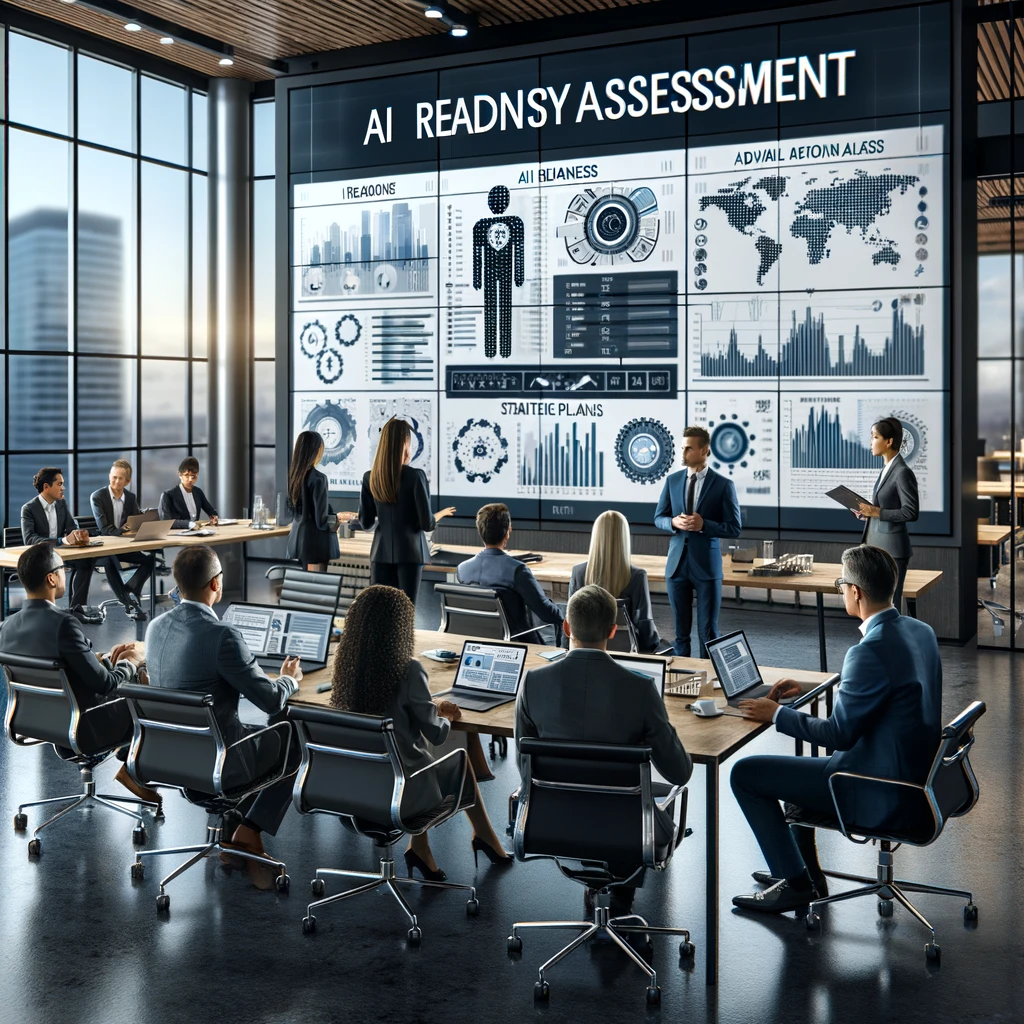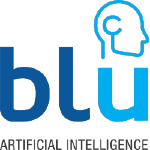
AI Readiness Assessment: A Practical Framework
As artificial intelligence (AI) continues to revolutionize industries, organizations must [...]
As artificial intelligence (AI) continues to revolutionize industries, organizations must assess their readiness to adopt and integrate AI technologies effectively. Conducting an AI readiness assessment helps identify the strengths and gaps in your current capabilities, ensuring a smooth and successful AI transformation. This article provides a practical framework for assessing your organization’s AI readiness, offering actionable insights and steps to prepare for AI adoption.
What is AI Readiness?
AI readiness refers to an organization’s ability to successfully adopt and integrate AI technologies into its operations. It encompasses various factors, including technological infrastructure, data quality, workforce skills, and organizational culture. Assessing AI readiness involves evaluating these factors to determine how prepared your organization is to implement AI solutions and achieve desired outcomes.
Why AI Readiness Matters
- Strategic Alignment: Ensuring that AI initiatives align with your business strategy is vital for achieving long-term success. An AI readiness assessment helps identify how AI can support your strategic goals and drive business value.
- Resource Allocation: Understanding your organization’s AI readiness allows for better resource allocation. It helps prioritize AI projects that are most likely to succeed and deliver the highest return on investment.
- Risk Management: An AI readiness assessment helps identify potential risks and challenges associated with AI implementation, such as data privacy issues, skill gaps, and technological limitations. Addressing these risks proactively can prevent costly mistakes and ensure a smoother AI adoption process.
- Enhanced Competitiveness: Organizations that are well-prepared for AI adoption are better positioned to leverage AI for competitive advantage. They can innovate faster, improve operational efficiency, and deliver superior customer experiences.
A Practical Framework for AI Readiness Assessment
- Evaluate Technological Infrastructure
Assess your current technological infrastructure to determine if it can support AI initiatives. This includes evaluating your hardware, software, data storage, and processing capabilities. Ensure that your infrastructure can handle the computational demands of AI applications.
Steps:
- Conduct a thorough audit of your IT infrastructure.
- Identify gaps in hardware and software capabilities.
- Plan for necessary upgrades or investments in AI-specific technologies.
- Assess Data Quality and Availability
High-quality data is the backbone of successful AI implementation. Evaluate the quality, completeness, and accessibility of your data. Identify any data gaps and develop strategies to collect and manage data effectively.
Steps:
- Review existing data sources and data management practices.
- Assess data accuracy, consistency, and completeness.
- Implement data governance policies to ensure data quality and accessibility.
- Analyze Workforce Skills
Assess the skills and knowledge of your workforce related to AI technologies. Identify skill gaps and provide training and development opportunities to equip your employees with the necessary competencies for AI projects.
Steps:
- Conduct a skills assessment to identify current capabilities and gaps.
- Develop a training and development plan focused on AI skills.
- – Consider partnerships with educational institutions or AI training providers.
- Review Organizational Culture
A supportive organizational culture is essential for successful AI adoption. Evaluate your organization’s culture to ensure it encourages innovation, collaboration, and continuous learning. Foster a culture that embraces change and is open to experimenting with new technologies.
Steps:
- Conduct employee surveys to gauge attitudes towards AI and innovation.
- Promote a culture of continuous learning and experimentation.
- Recognize and reward initiatives that drive AI adoption and innovation.
- Conduct a Readiness Survey
Develop and distribute a survey to gather insights from various stakeholders about your organization’s AI readiness. The survey should cover aspects such as technological infrastructure, data quality, workforce skills, and cultural factors. Use the survey results to identify strengths and areas for improvement.
Steps:
- Create a comprehensive AI readiness survey.
- Distribute the survey to key stakeholders across the organization.
- Analyze the results to identify key strengths and improvement areas.
- Create an AI Roadmap
Based on the findings from your AI readiness assessment, develop a comprehensive AI roadmap that outlines the steps needed to enhance your organization’s AI capabilities. The roadmap should include short-term and long-term goals, resource requirements, and key performance indicators to measure progress.
Steps:
- Define clear objectives and goals for AI adoption.
- Outline specific actions and timelines for achieving these goals.
- Allocate resources and assign responsibilities for each action item.
Conclusion
Conducting an AI readiness assessment is a critical step in preparing for successful AI adoption. By evaluating your technological infrastructure, data quality, workforce skills, and organizational culture, you can identify the strengths and gaps in your current capabilities. This assessment will help you develop a clear AI roadmap, allocate resources effectively, and mitigate potential risks, ensuring a smooth and successful AI transformation.
Ready to assess your organization’s AI readiness? Contact Blu today to learn more about our AI readiness assessment services. Our expert team will help you evaluate your current capabilities and develop a customized AI roadmap to ensure successful AI adoption and integration.
Share this article
Follow us
A quick overview of the topics covered in this article.
Latest articles
April 29, 2025
April 22, 2025
April 9, 2025



